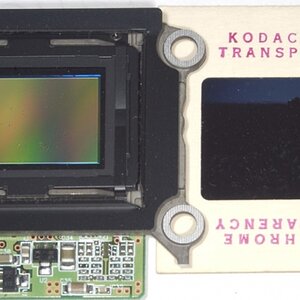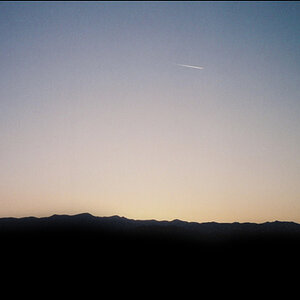Squeeky
TPF Noob!
- Joined
- Jul 30, 2008
- Messages
- 12
- Reaction score
- 0
- Location
- eastern states
- Can others edit my Photos
- Photos NOT OK to edit
I want to get a dslr but am not sure on which one, theres so many out there & I have little knowledge of what's important in a camera. I did narrow it down a little I think. I'm on a limited budget (asuming I get the nerve to buy it) and figured 1k isn't bad of a price for a dslr. For the lens I want a zoom thats like 50mm-300mm & the resolution about 8.
Two cameras I have found that sound good are the Olympus EVOLT E-510 & the canon 40d. The canon sounds better to me but also cost more. I'm not sure if it'd be worth the exspence if the evolt is just as good
I'm still not sure of what I'd take photos of but I'm thinking macro & landscapes for the most part. I don't really stick with one type, but take photos of what catches my interest at the time. I'd love one that can last a long time, so that I don't end up getting better then the camera & end up needing a new one quick. I'm not really sure what I need in a camera, not even the exstreme basics like you'd need no matter what you shoot.
Thanks for all the help to those have answered & to anyone who might help me now.
Two cameras I have found that sound good are the Olympus EVOLT E-510 & the canon 40d. The canon sounds better to me but also cost more. I'm not sure if it'd be worth the exspence if the evolt is just as good
I'm still not sure of what I'd take photos of but I'm thinking macro & landscapes for the most part. I don't really stick with one type, but take photos of what catches my interest at the time. I'd love one that can last a long time, so that I don't end up getting better then the camera & end up needing a new one quick. I'm not really sure what I need in a camera, not even the exstreme basics like you'd need no matter what you shoot.
Thanks for all the help to those have answered & to anyone who might help me now.
Last edited:



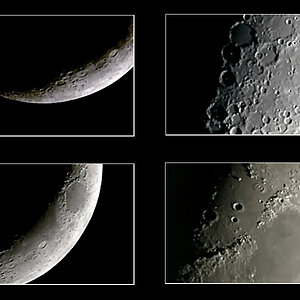
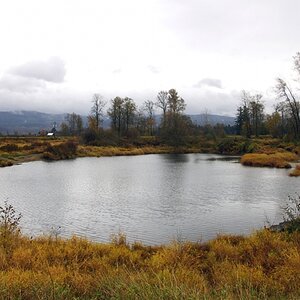
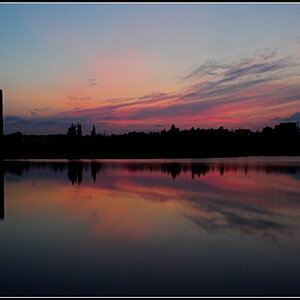
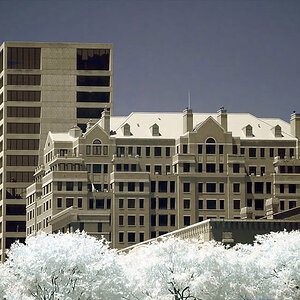

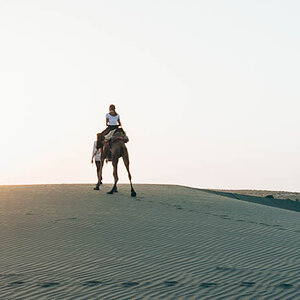
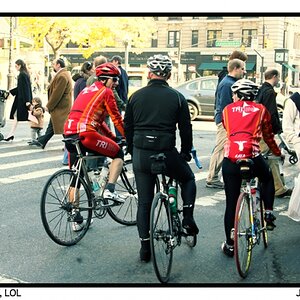
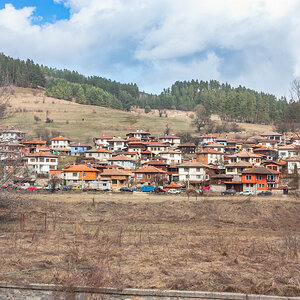
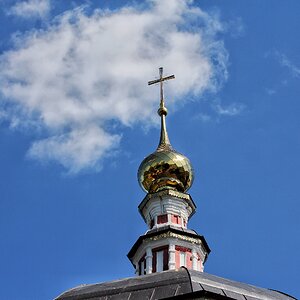
![[No title]](/data/xfmg/thumbnail/36/36400-97a007ae878e1032155c7a7d47eeba73.jpg?1619737552)
